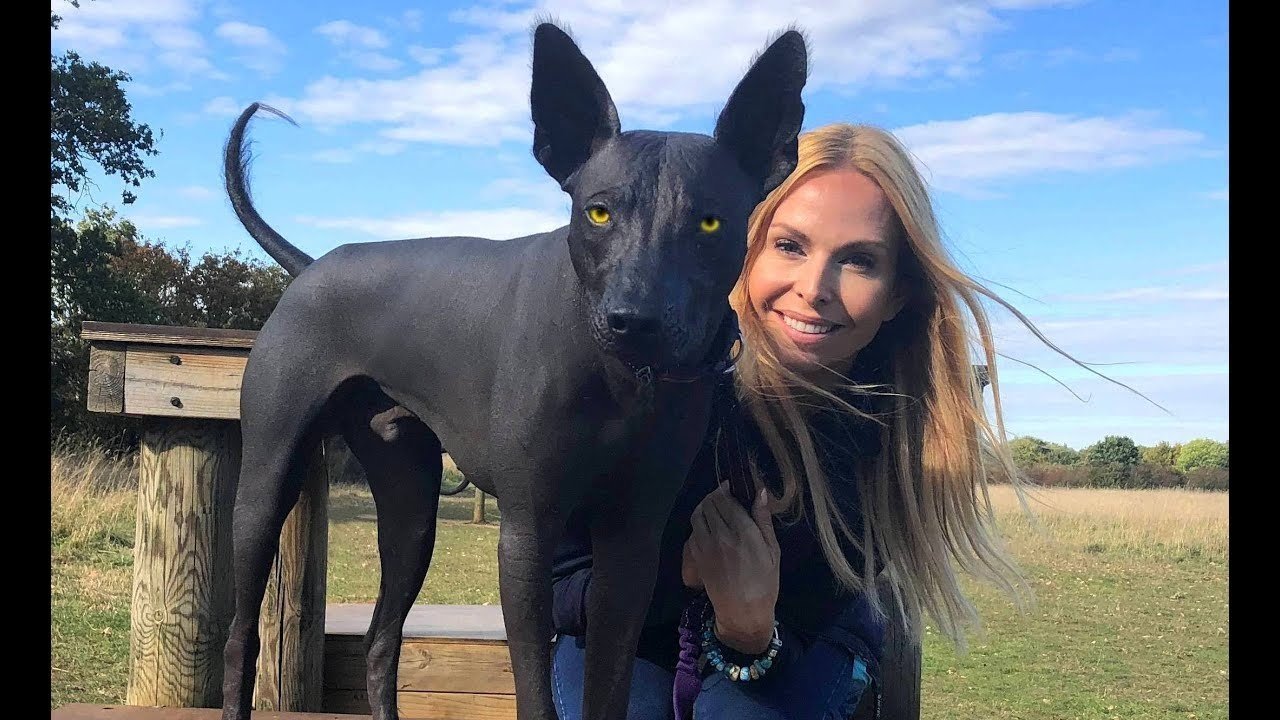What is a Native American Dog? Ancient Dogs with a Rich Heritage
Native American dogs have played a significant role in the history and culture of indigenous peoples across the Americas for thousands of years. These unique canines, developed through centuries of selective breeding, served various purposes from hunting and protection to companionship and spiritual significance. This article will explore the Native American dogs, their origins, characteristics, and enduring legacy.
Origins and History
Native American dogs have a rich history that dates back thousands of years. Archaeological evidence suggests that dogs first arrived in the Americas alongside human migrants crossing the Bering land bridge from Asia approximately 15,000 years ago. Over time, these early canines evolved and were selectively bred by indigenous peoples to suit their specific needs and environments.
The diversity of Native American dogs reflects the varied cultures and lifestyles of indigenous groups across North and South America. From the Arctic to the Amazon, different tribes developed distinct dog breeds adapted to their unique climates and purposes.
Characteristics of Native American Dogs
Native American dogs exhibit a wide range of physical and behavioral traits, depending on their specific breed and region of origin. However, some common characteristics include:
Physical Traits:
- Medium to large size
- Thick, weather-resistant coats
- Erect ears
- Curled or plumed tails
Behavioral Traits:
- High intelligence
- Strong work ethic
- Loyalty to their human companions
- Adaptability to various environments
4 Notable Native American Dog Breeds
1. Alaskan Malamute

The Alaskan Malamute is one of the oldest and largest Arctic sled dogs. Developed by the Mahlemut Inuit people, these powerful dogs were used for hauling heavy loads across vast frozen landscapes.
2. Carolina Dog

Also known as the American Dingo, the Carolina Dog is believed to be one of the most ancient Native American dog breeds. These medium-sized, primitive-looking dogs have a distinctive fox-like appearance and are known for their intelligence and adaptability.
3. Chihuahua

While often associated with Mexico, the Chihuahua has roots in ancient Native American cultures. These tiny dogs were revered by the Toltec civilization and later by the Aztecs, who believed them to have spiritual significance.
4. Xoloitzcuintli

The Xoloitzcuintli, or Mexican Hairless Dog, is an ancient breed that held great importance in Aztec and Maya cultures. These unique dogs come in both hairless and coated varieties and were believed to have healing properties.
Cultural Significance
Native American dogs held immense cultural and spiritual significance for many indigenous tribes. They were often viewed as more than just animals, but as integral members of the community with important roles to play.
Spiritual Beliefs
Many Native American cultures believed that dogs had a special connection to the spirit world. They were often seen as guides for the deceased, helping souls navigate the afterlife.
Hunting and Protection
Dogs played crucial roles in hunting expeditions, helping to track and retrieve game. They also served as protectors, alerting their human companions to potential dangers.
Companionship
Beyond their practical uses, Native American dogs were valued companions, providing emotional support and friendship to their human families.
Preservation Efforts

Many Native American dog breeds faced near-extinction following European colonization. However, concerted efforts by breed enthusiasts and indigenous communities have helped preserve these ancient canines for future generations.
Breed Recognition
Organizations like the American Kennel Club (AKC) have recognized several Native American dog breeds, helping to raise awareness and promote their preservation.
DNA Studies
Genetic research has provided valuable insights into the origins and relationships between various Native American dog breeds, aiding in conservation efforts.
FAQs
Q: Are there any truly wild Native American dogs left?
A: While most Native American dogs have been domesticated, some breeds like the Carolina Dog can still be found living in a semi-wild state in certain parts of the United States.
Q: How do Native American dogs differ from European breeds?
A: Native American dogs often exhibit more primitive traits and are generally more adaptable to various environments compared to many European breeds.
Q: Can I adopt a Native American dog?
A: Yes, many Native American dog breeds are available for adoption. However, some rarer breeds may be more difficult to find.
Q: Are Native American dogs good family pets?
A: Many Native American dog breeds can make excellent family pets, but it's important to research specific breed characteristics and requirements before adopting.
Q: How did Native Americans train their dogs?
A: Native Americans used a combination of positive reinforcement and practical experience to train their dogs for specific tasks like hunting or sledding.
Conclusion
Native American dogs represent a fascinating aspect of indigenous culture and history. These remarkable canines, shaped by centuries of coexistence with human companions, continue to captivate dog enthusiasts and researchers alike. As we work to preserve these ancient breeds, we honor the legacy of the indigenous peoples who developed them and ensure that future generations can appreciate the unique qualities of Native American dogs.
By understanding and appreciating the rich heritage of Native American dogs, we gain valuable insights into the deep bond between humans and canines that has existed for thousands of years. These remarkable animals serve as living links to our shared past and remind us of the incredible diversity and adaptability of man's best friend.
Join Our Community!
At Petzooie.com, we're more than just a website—we're a family of pet lovers who share your passion. Discover the best tips, advice, and resources for your beloved pets. Stay updated with our latest articles and join a vibrant community dedicated to pet care excellence. Follow us on Instagram @petzooie to stay up to date with our weekly blog articles!







